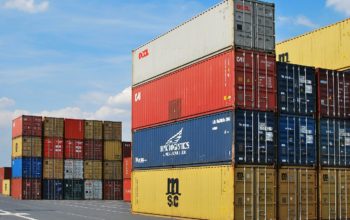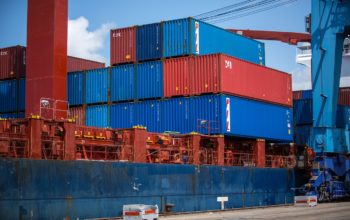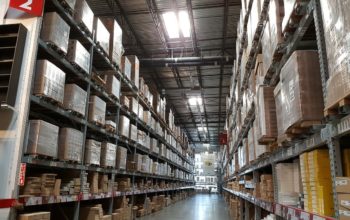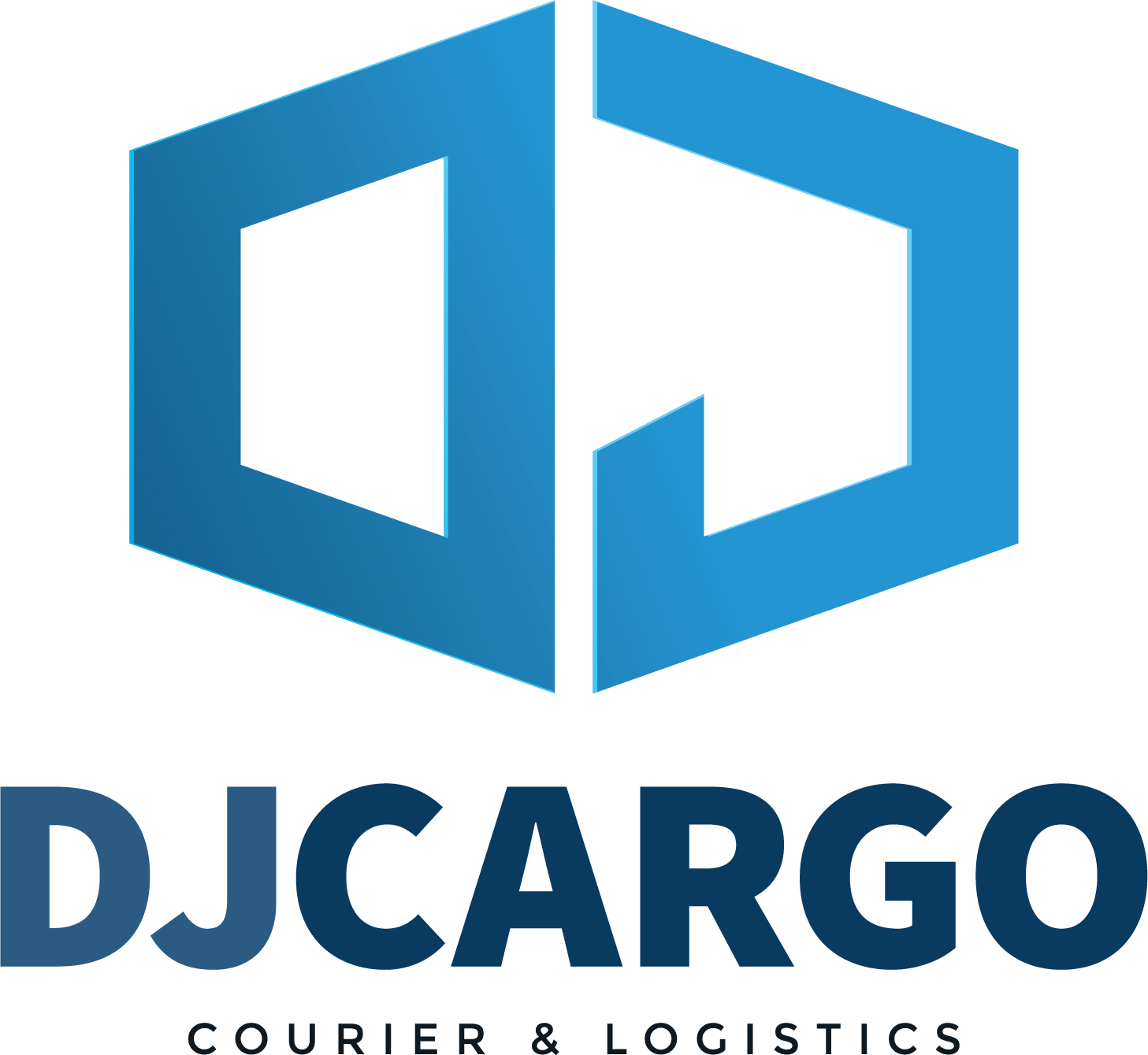Customs Brokerage
Customs Clearance and frontier declarations with consultation services and compliances health checks
DJCARGO operates a global team of licensed customs brokers providing customs clearance and frontier declarations. We can also audit and advise on your classifications and processes in order for you to maintain the best cost base and continued compliance.

Customs Clearance Services
The DJCARGO comprehensive network offers custom declaration facilities to our clients. Our team of licensed and qualified, experienced Customs declarants assistance with simple or complex Customs clearance and declarations. Additionally, DJCARGO can provide a full Customs brokerage service.

Customs Brokerage
DJCARGO recognizes a significant difference between a Customs Declaration on behalf of our customers and providing Customs Brokerage services. Upon prior agreement, our expert team can review your products and apply for appropriate licenses, rulings on commodity codes and negotiate all duty tariffs.

Customs Health checks
Should you require it, DJCARGO has in-house expertise to review your current techniques and practices for customs declaration to ensure you are compliant. Customs health checks often may also highlight opportunities to challenge current duty tariffs being applied and, if overpayment is evident, apply for your refund.
Frequently Asked Questions
Still open questions?
Bunker: Steamships used the power of steam to travel and steam was generated by feeding coal into the furnaces on board the ship.. The storage containers for coal was known as a BUNKER.
Bunkering: The act of supplying a ship with bunkers is known as bunkering.
BAF: In order to counter the fluctuations in oil prices, the shipping lines charge a surcharge on top of the ocean freight, known as Bunker Adjustment Factor (BAF).. This BAF is usually aligned with the movement of the oil prices much like the fuel for our cars.. When oil prices go up, BAF goes up and when oil prices come down, BAF also comes down.
Exporter need not necessarily be the actual seller of the cargo or the entity actually concluding the deal.
Shipper = is a person or company or entity that is shown in all the shipping documents (bill of lading, commercial invoice, packing list) as the party responsible for procuring and/or placing the order for shipment and maybe also for arranging the freight payment etc.
Shipper shown on the bill of lading need not necessarily be a registered exporter.. A Freight Forwarder can also be shown as the shipper on a lines bill of lading.
There are a lot of international traders based all over the world (say London) shipping cargo from one country (say South Africa) to another country (say India) and on the bills of lading that are released for such shipments, the shipper could be the trader in London..
So the short answer to the above question is YES OF COURSE IT CAN.
GRI stands for General Rate Increase, GRI is basically an adjustment of freight rates across all or specific trade routes during a specific time frame.
This is applied by shipping lines according to their requirement and the quantum of the rate increase is decided by them, generally based on the supply and demand on that route.
This means that if for example on the Shanghai/Rio Haina route your freight rate was USD.1000/20′ & USD.2000/40′, with effect from 1st of September, the rate will become USD.1300/20′ & USD.2600/40′.
CY stands for Container Yard.. Container Yard is a place within a port or terminal where containers are stored before it is loaded on the ship in the case of exports or offloaded from the ship in the case of imports.
In some cases in the body of a bill of lading you might have seen a notation CY/CY or in the Port of Loading or Port of Discharge fields in the bill of lading, you might have seen this added after the name of the port, like so (Caucedo CY).
This means that the responsibility of the carrier either begins (in the case of Port of Load) or ends (in the case of Port of Discharge) at the Container Yard.
In some ports, as part of the export process, the container maybe received at a point other than the Container Yard and there might be an additional movement involved (with or without cost) to move it to the Container Yard.
Similarly as part of the import process, the container might have to be moved from the Container Yard to a different yard or staging area (with or without cost) before it is loaded on the importers truck.
In such cases, if the notation of CY/CY is present on the bill of lading, the shipper/consignee will be responsible for any movement, costs or risks before the container is delivered to the carrier at the CY or picked up from the CY.
Simply put, Transhipment = the act of off-loading a container from one ship and loading it onto another ship.
If a negotiable bill of lading is lost, stolen, or destroyed, a few measures can be taken
- Place an advertisement in the local press about the “loss” or “nullification” of the original bill
- A court order may be secured, which advises the carrier (shipping line) to deliver the goods to the holder of the title of the goods, based on a surety bond given by the entity claiming the goods, for an amount approved by the court.
- The carrier also should receive a Letter of Indemnity indemnifying the carrier or any person injured by delivery, against liability under the outstanding original bill.. The court also may order payment of reasonable costs and attorney’s fees to the carrier.
- Certain lines accept a Letter of Indemnity if it is signed by a bank who would then take joint liability to return the original bills of lading (if found).
However, a few precautions also needs to be taken such as :
- An advertisement about the loss is never a complete defense as regards liability for wrongful delivery.
- It is merely an evidence that the loss occurred and that the original title holder had the intention of cancelling the original bill of lading issued.
- Carrier should understand who holds the title to the cargo and issue a duplicate set only to that entity as there have been cases where the entity that doesn’t hold the title to the goods has advertised about the loss and has convinced the carrier to issue second set of originals whereas the first set is still in the hands of its legal owner and was not actually lost.
You benefit from our experience in delivering effective solutions to the complex global supply chains of some of the world’s biggest corporations.
You benefit from every innovation, whether it involves a simple extension to our Air and Ocean Freight products, whether it means a development in warehousing.
All of which explains why you’ll find the team of outstanding support at DJCargo ready to apply their passion for solutions in support of your business.


